Eggshells on your lawn and other uses
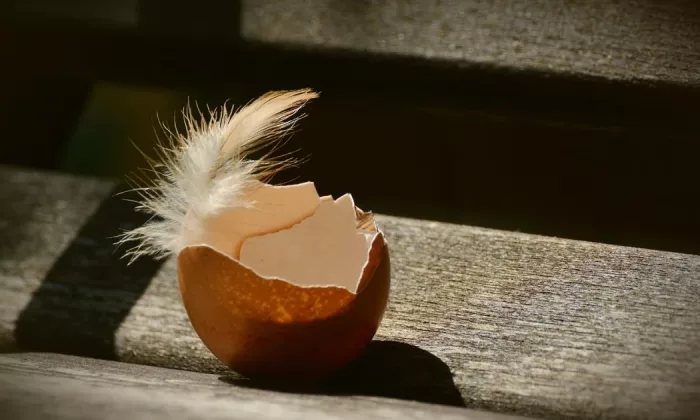
Do you use eggshells as tiny flower pots to sow seeds? Well, this is a well-known trick, but sowing time is more or less gone. Nevertheless, do not throw eggshells in the trash because you can still use them in your garden too. If you are not aware about the many uses of eggshells we shall tell you in the following lines.
Source of calcium for your tomato plants
Are you planning to transplant tomatoes outside? If so, try crushing eggshells and put a handful of the crush under each seedlings. It is an excellent source of calcium which should also prevent possible flower rotting.
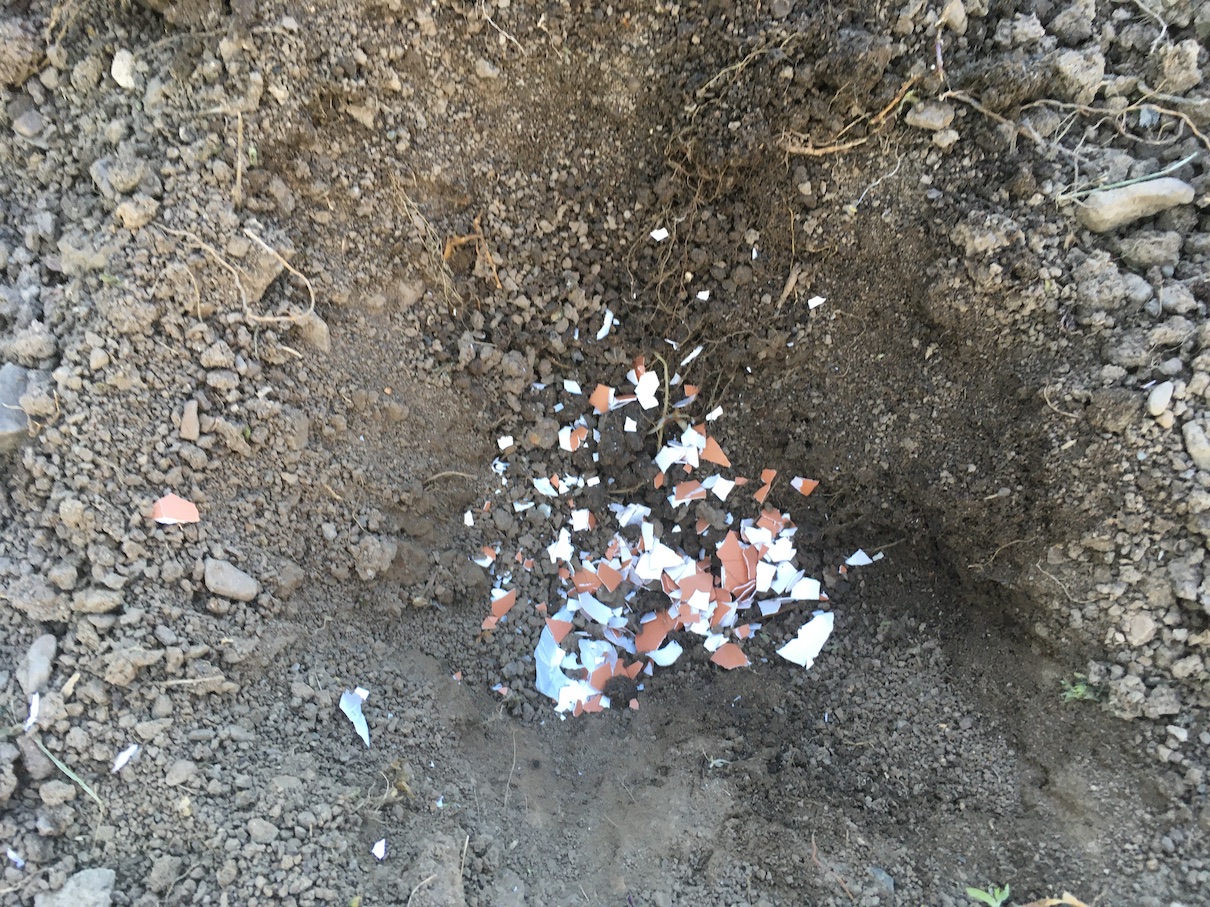
Lime your lawn
Fine ground eggshell powder is excellent for lawn liming. Just make sure eggshells are completely dried and crush them. Best is to mix the crush in a blender. At the beginning, the crush will not smell great but your lawn will benefit greatly. You can be sure of that.
Great against slugs
As soon as fresh vegetables start sprouting on your beds, various snails and slugs will be drawn to it. Lettuce, basil, spinach and other plants are part of their insatiable diet and snails will not spare anything. Eggshells to the rescue. Sharp edges of eggshells are very unpleasant for snails and slugs and most of the time they simply cannot climb over the sharp edges.
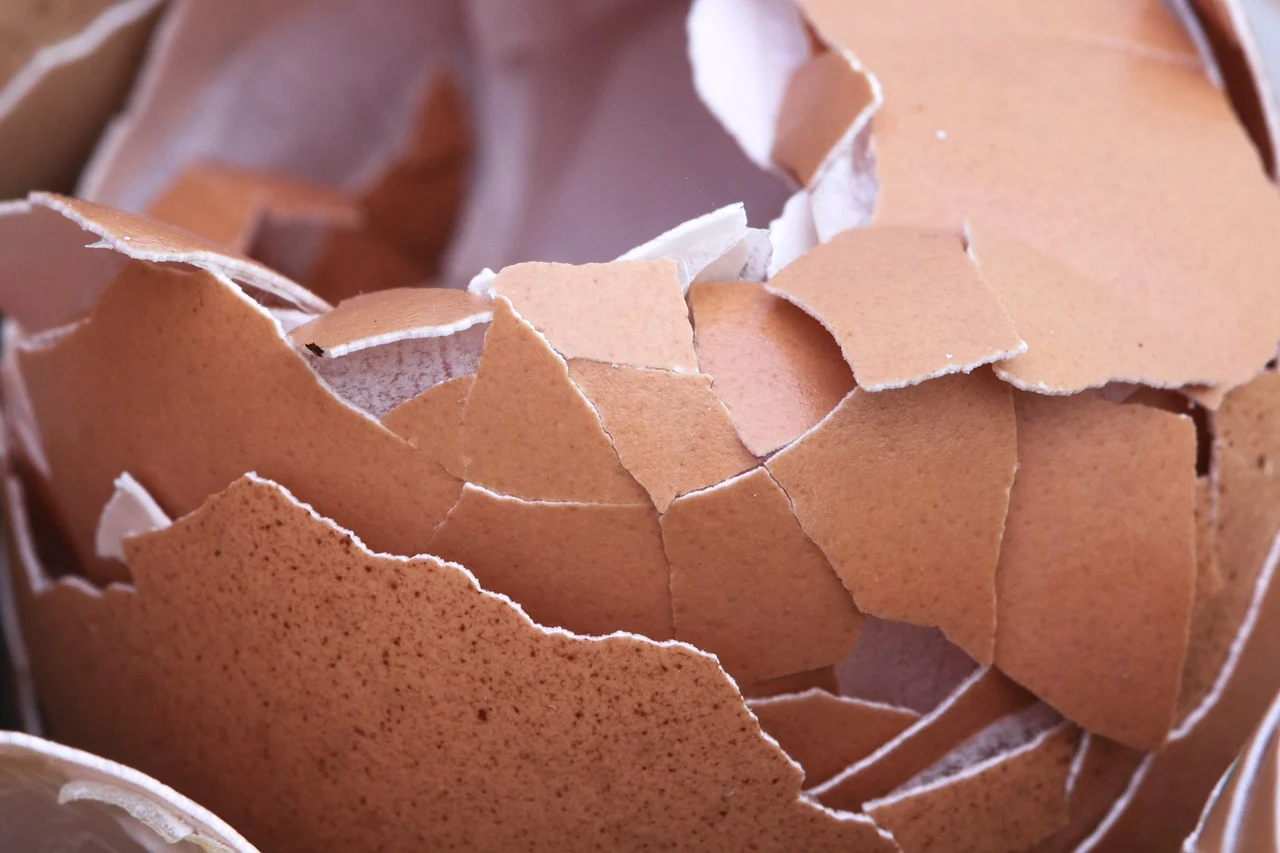
Treat insect bites with eggshells
Insects can be incredibly annoying and unpleasant, especially in summer. Prepare yourself in advance and should you get stung by insect you can use the following treatment. Grind eggshells and put them in a glass. Mix them with apple cider vinegar. Let the mixture sit for a few days, and after the shells break down and dissolve, you will have calcium acetate in the glass. Calcium acetate reduces swelling and skin irritation and it is commonly included in many treatment creams.
Eggshells are also great in compost
If you follow the environment-friendly life and you sort waste (we believe you do), then you should put eggshells aside and when you have enough of them simply add them to your compost. They will become the much needed calcium component and your plants will appreciate the extra calcium, especially vegetables.
Preview photo: Pixabay

Gardening is my hobby, I have a lot of experience and I am happy to share it.


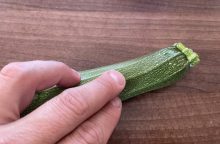
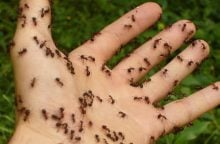

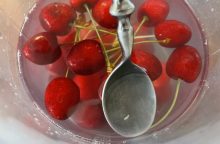
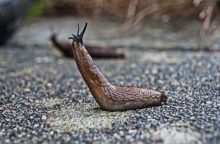

0 comments